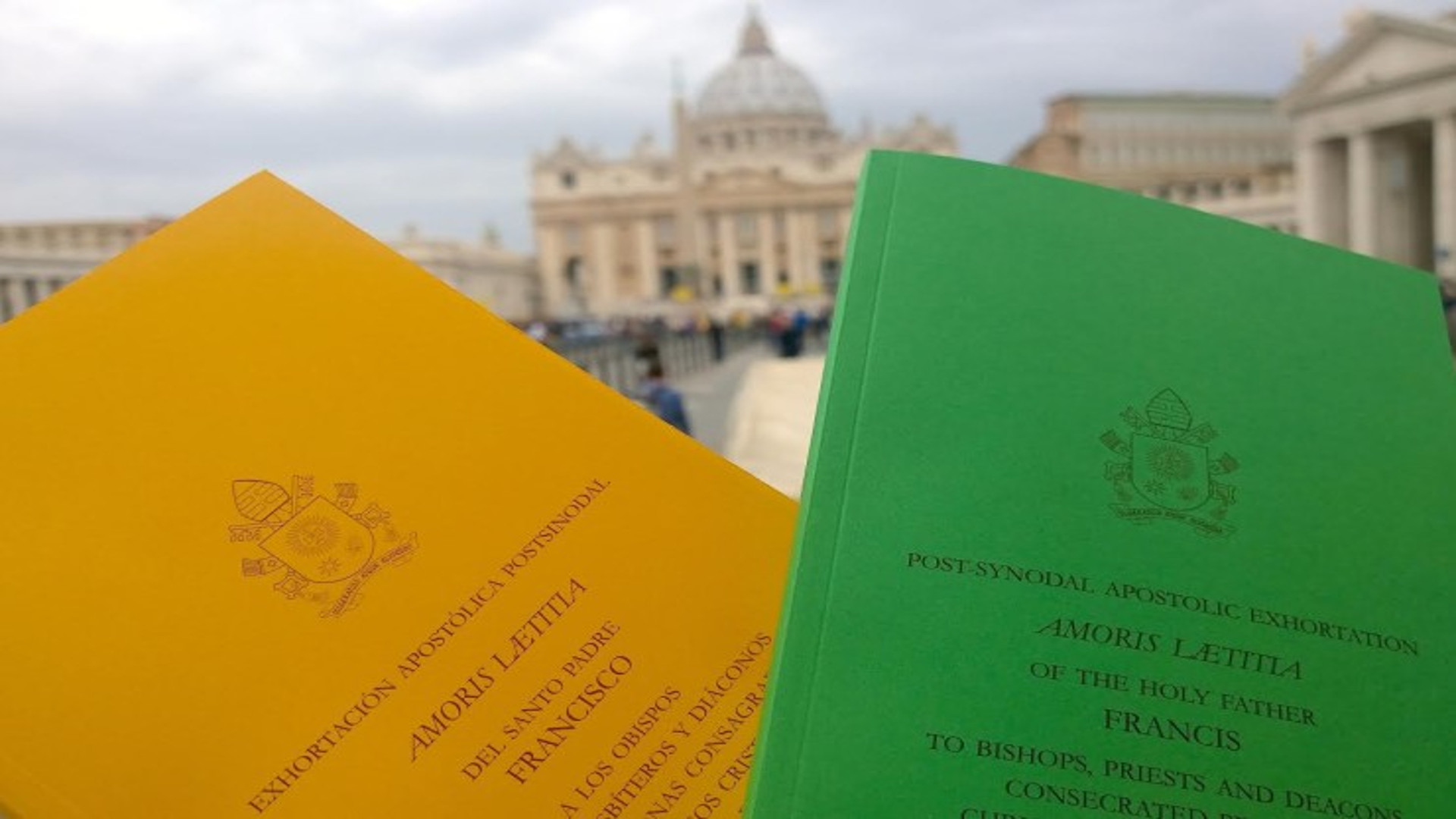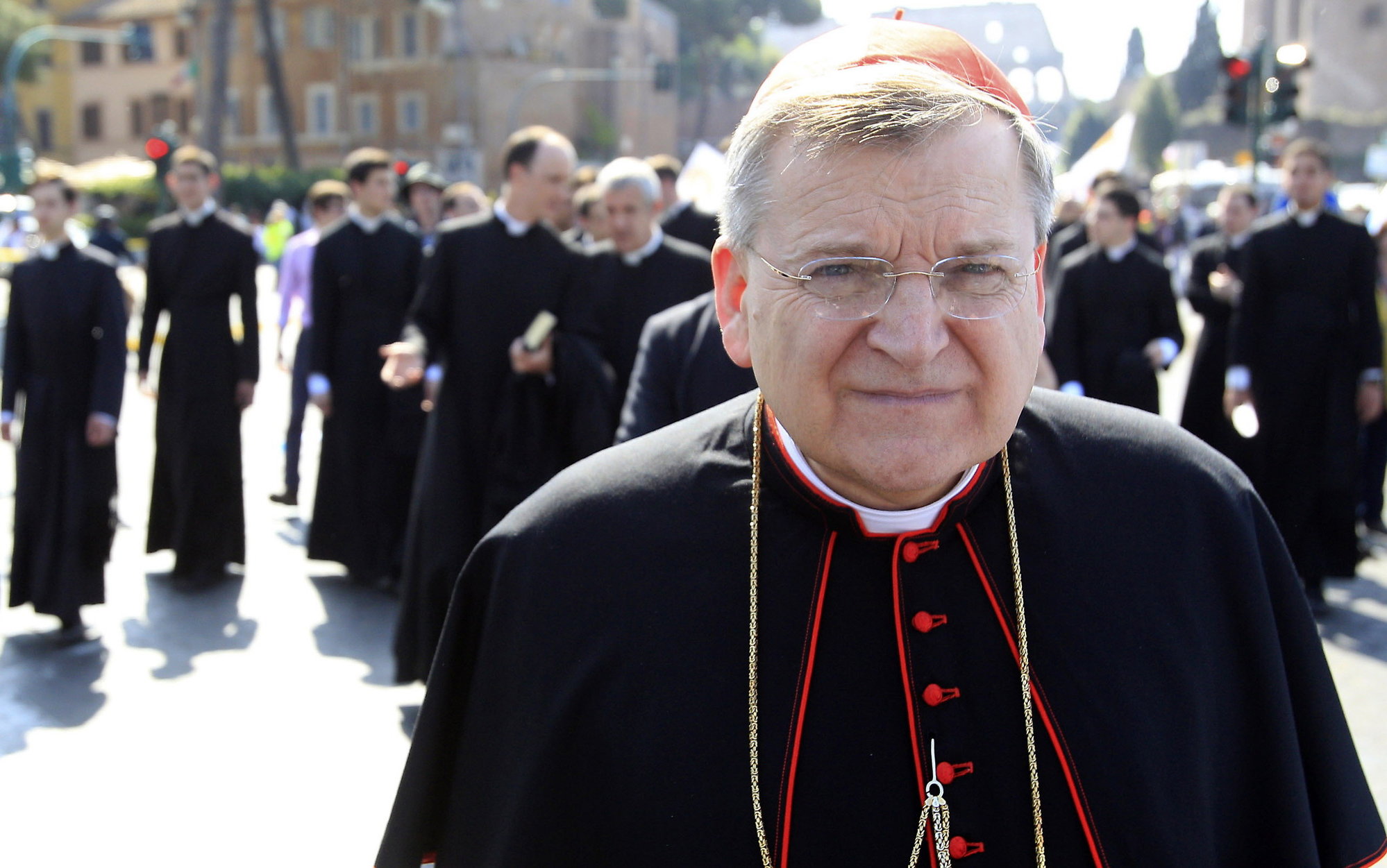 Todd Aglialoro, writing for Catholic Answers:
Todd Aglialoro, writing for Catholic Answers:
With their shocking publication of new norms for permitting divorced and remarried Catholics to return to the reception of Holy Communion (based on their reading of Amoris Laetitia – ed.), the bishops of Malta have shown how great errors can grow from tiny seeds.
And:
Remember, divorced and remarried Catholics (those, obviously, who have not had their first marriages determined to be invalid by the annulment process) are not prohibited from receiving Communion because the “failure” of their first marriage was a sin. They are prohibited because, in maintaining a sexual relationship with a person who isn’t their spouse, they are committing adultery. This grave sin is incompatible with the state of grace required for worthy reception of the Eucharist (Catechism of the Catholic Church 1415).
The remedy for such people, as affirmed for example in John Paul II’s encyclical Familiaris Consortio (84), is first to stop committing adultery. Even if life circumstances practically or even morally require them to continue living in a common household with someone who isn’t their spouse, in no way would those circumstances ever require them to continue having sexual intercourse with someone who isn’t their spouse.
The bishops of Malta, on the strength of footnote 329 (of AL – ed.), are now saying that circumstances might do just that. Because not having sex with someone may be impossible, adultery and Holy Communion are now compatible.
What an appallingly defeatist idea, and one that is without analog in Catholic morality. Where else do bishops teach that it’s impossible to do what’s right?
Todd absolutely nails some key issues here, with the precision and power of a Bobby Hull slapshot (he’s a big hockey fan). The fact that Catholic Answers (a well-known, orthodox organization, faithful to the Magisterium and to historic Church teaching) thought it necessary to publish such a piece in the first place is very telling. It’s safe to say we’ve reached a full-blown crisis in the universal Church. Nothing less than the integrity of three sacraments (marriage, the Eucharist, and confession) are at stake. The integrity of scripture (with respect to the Gospel teaching of Jesus on marriage) is also being challenged. Quite a bit is on the line, not to mention the fate of countless eternal souls who have every right to look to the bishops of Christ’s Church for clear moral guidance.


